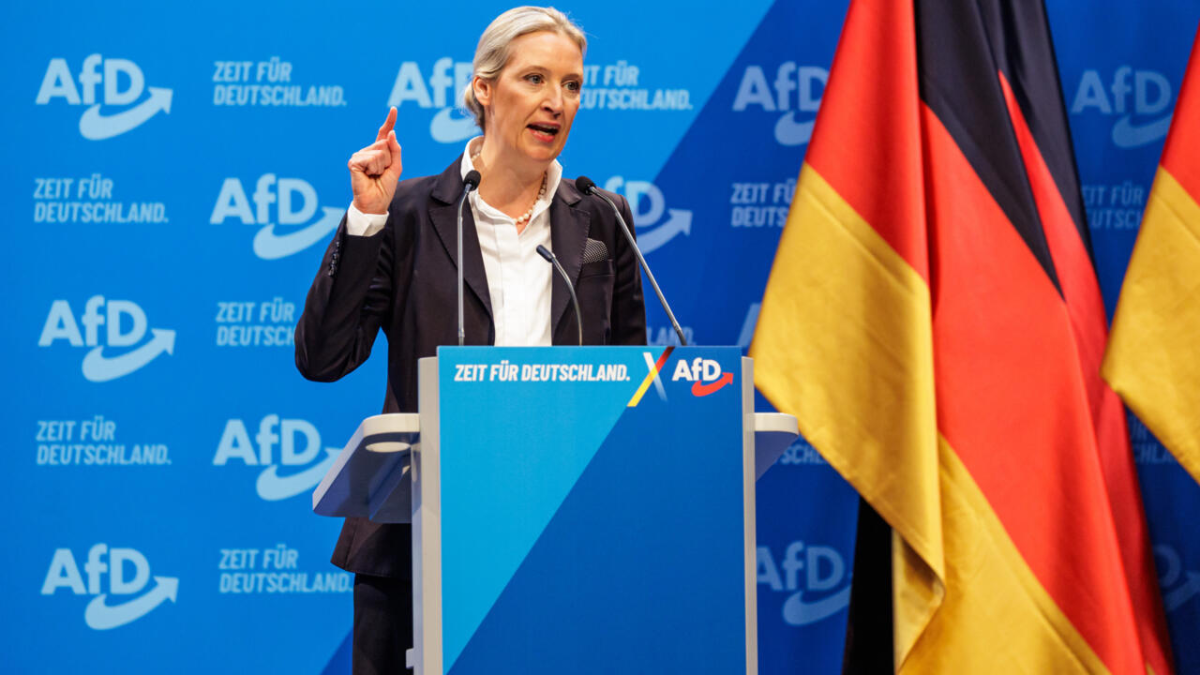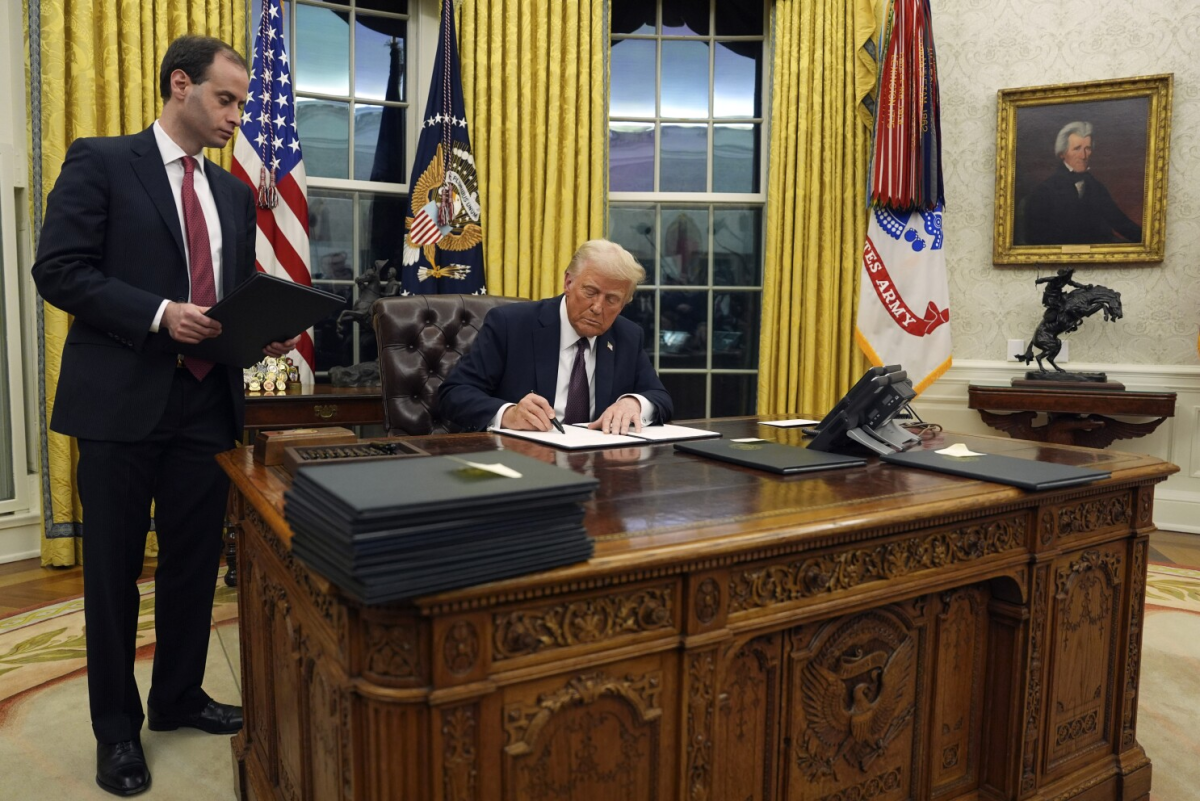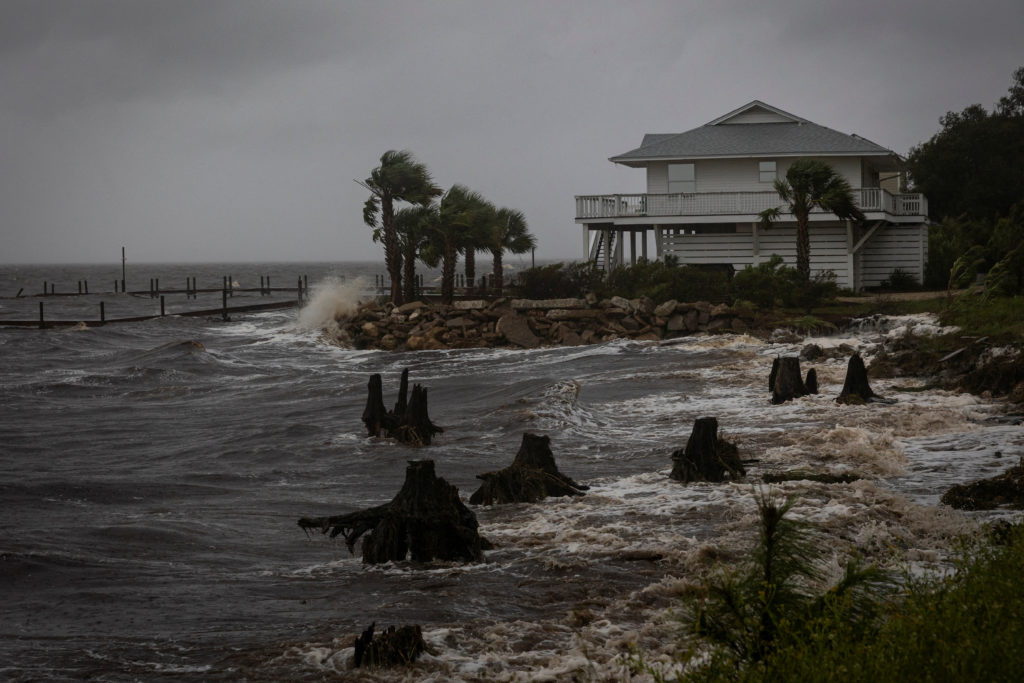In America, we typically like to spend our winter months indulging in pot roast, prime rib, and for that matter, any beef-centered meal (if you can tell, we’re not picky), all from the comfort of our favorite local restaurant. However, to some’s dismay, our devotion to concluding the year by feasting on beef will not seen in the Indian State of Assam from December 4, 2024 and onward. Himanta Biswa Sarma, the Chief Minister of Assam, “announced a statewide ban on serving and consumption of beef in…public,” according to New Delhi Television, leaving only eight states in India completely beef ban-less.
Nikita Yadav with BBC News describes this law as an extension of the previous Assam Cattle Preservation Act of 2021 which “restricted the sale of beef near certain religious [sites] like temples.” The ban is understandable, given that the cow is considered holy in Hinduism.
New Delhi Television explains this existing restriction in further detail: “[It] bans cattle slaughter and sale of beef in [regions] where Hindus, Jains, and Sikhs are [the] majority and within…five kilometers…of a temple.”
Although hotels and restaurants will be removing burgers and ribeyes from their menus, beef will not be completely MIA in this northeastern state of India. Yadav explains that it “can still be purchased from shops and eaten within homes or private establishments in the state.” Nonetheless, the ban still raises the question of whether it is an attack on the individual’s autonomy. Reverend DC Haia Darnei, President of the United Christian Forum in Assam, opposes this measure, as he argues it encroaches on “[our] right to consume food of [our choosing].” Moreover, with beef being an integral component of the diet in the neighboring Nagaland, Mizoram, and Meghalaya states, the fear that this restriction may permeate beyond the confines of Assam is deeply ingrained in Darnei’s heart, as he asks, “What is the alternative now?”













